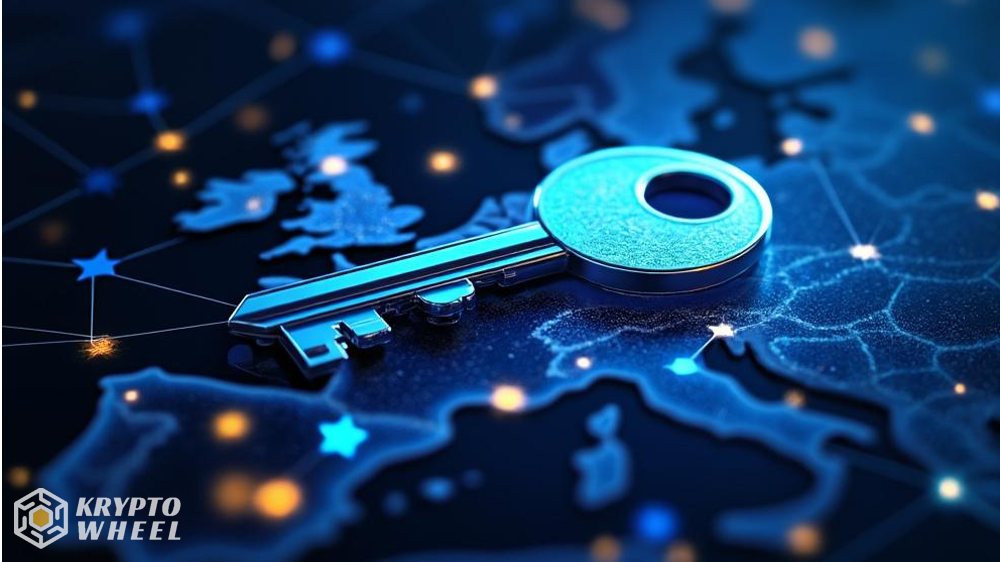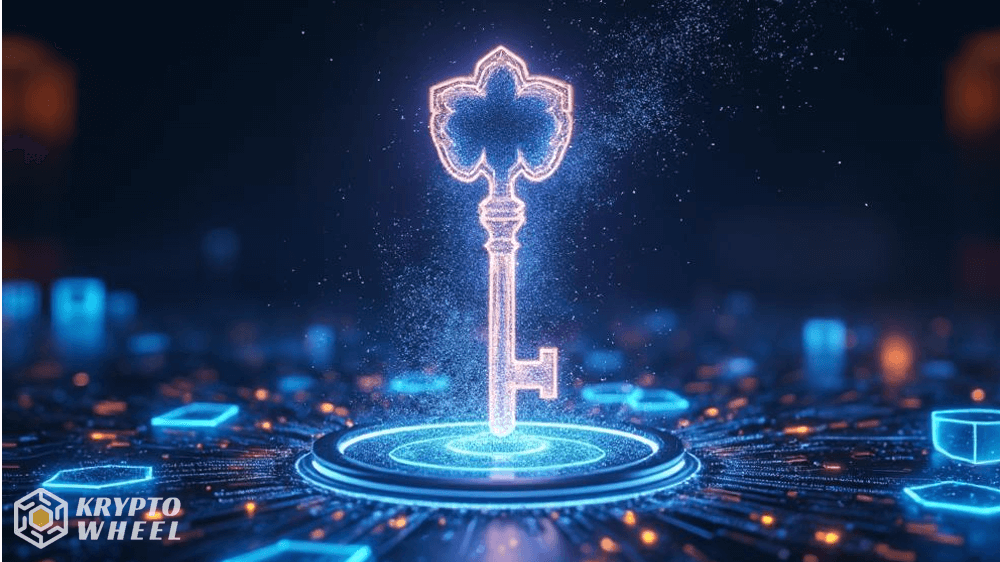European Expansion for Crypto Infrastructure
Zerohash Europe announced on Sunday that it received approval from the Dutch Authority for the Financial Markets, making it one of the first infrastructure providers authorized under the EU’s Markets in Crypto-Assets Regulation. This license allows the company to offer stablecoin and crypto products across all 30 European Economic Area countries. The AFM’s official registry confirms Zerohash’s status as a registered crypto-asset service provider.
This regulatory approval positions Zerohash’s European operation as a foundational provider for organizations exploring tokenized assets and blockchain-based financial products. The timing is interesting, coming amid reports of potential acquisition talks with Mastercard.
Mastercard Acquisition Speculation
Recent reports from Fortune suggest Mastercard is in advanced discussions to acquire Zerohash in a deal valued between $1.5 billion and $2 billion. The sources remained anonymous, so we should probably take this with some caution until official confirmation emerges. Zerohash, founded in 2017, has built a solid reputation serving major clients like Morgan Stanley, Franklin Templeton, and Stripe.
Mastercard’s interest in Zerohash aligns with their broader strategy in the stablecoin space. Just a few months ago, the payment giant announced plans to enable merchants in Eastern Europe, the Middle East, and Africa to settle transactions using Circle’s USDC and Euro Coin stablecoins. Companies like Arab Financial Services and Eazy Financial Services were identified as early adopters of these services.
Global Stablecoin Initiatives
The stablecoin landscape continues to evolve globally. In September, Kazakhstan’s central bank collaborated with Mastercard and Solana on a pilot project involving a stablecoin pegged to the local tenge currency. The National Bank of Kazakhstan launched this initiative within their Digital Assets Regulatory Sandbox framework.
The Evo stablecoin (KZTE) represents a significant step for the region, issued through partnership between sandbox participant Intebix Crypto Exchange and local lender Eurasian Bank. This follows similar moves by other financial institutions exploring digital asset integration.
What strikes me about these developments is how traditional financial players are gradually embracing blockchain technology, though perhaps more cautiously than some crypto enthusiasts might prefer. The MiCA regulation itself represents Europe’s attempt to create a balanced framework that supports innovation while maintaining financial stability.
Zerohash’s licensing achievement comes at a pivotal moment for European crypto regulation. Being among the first authorized providers gives them a competitive edge in what could become a rapidly expanding market. Still, the regulatory landscape remains complex, and success will depend on execution and market adoption.
The potential Mastercard acquisition, if it materializes, would represent one of the larger deals in the crypto infrastructure space. It would signal continued institutional interest in blockchain technology, though perhaps with a focus on regulated, compliant applications rather than the more speculative aspects of the crypto world.










